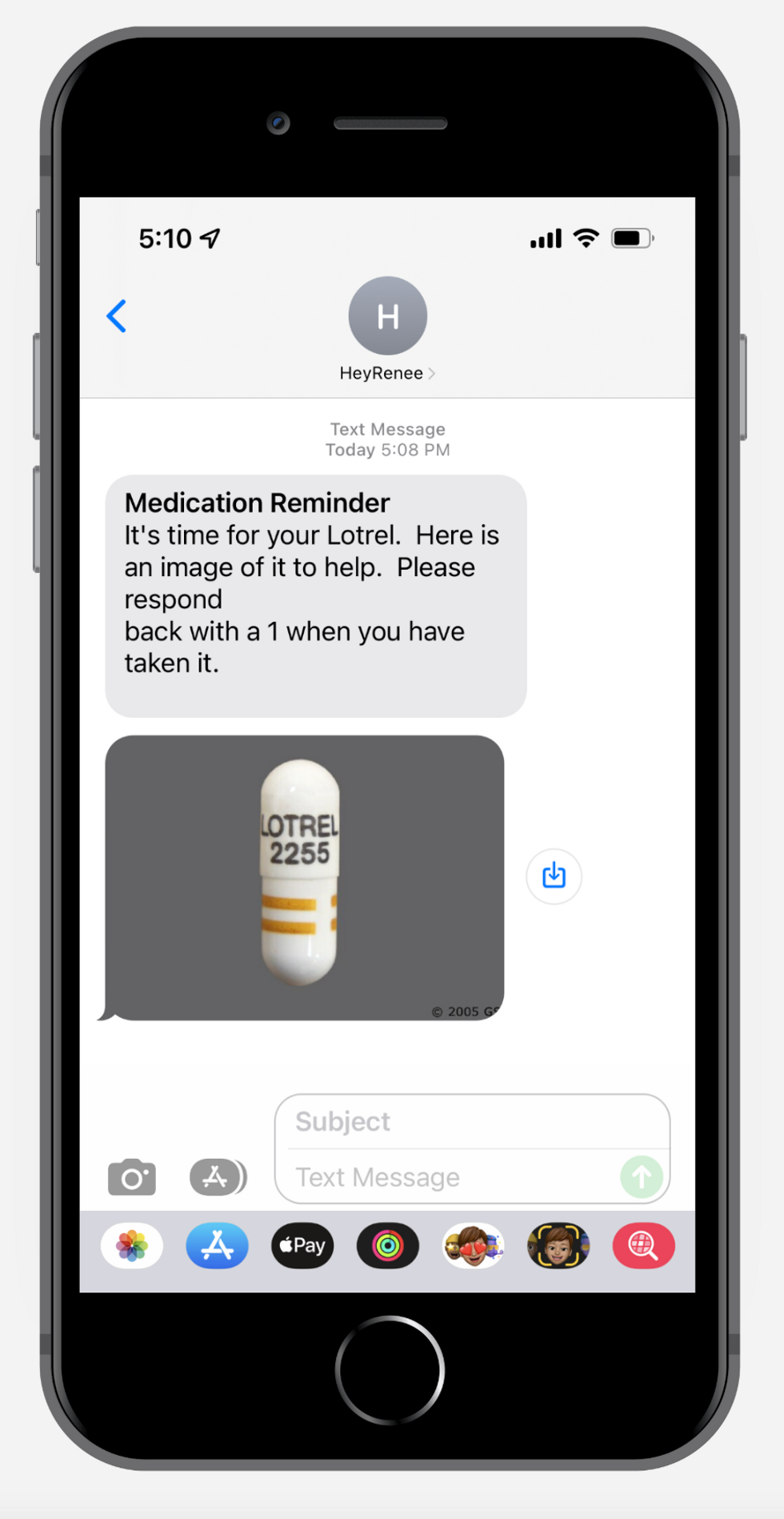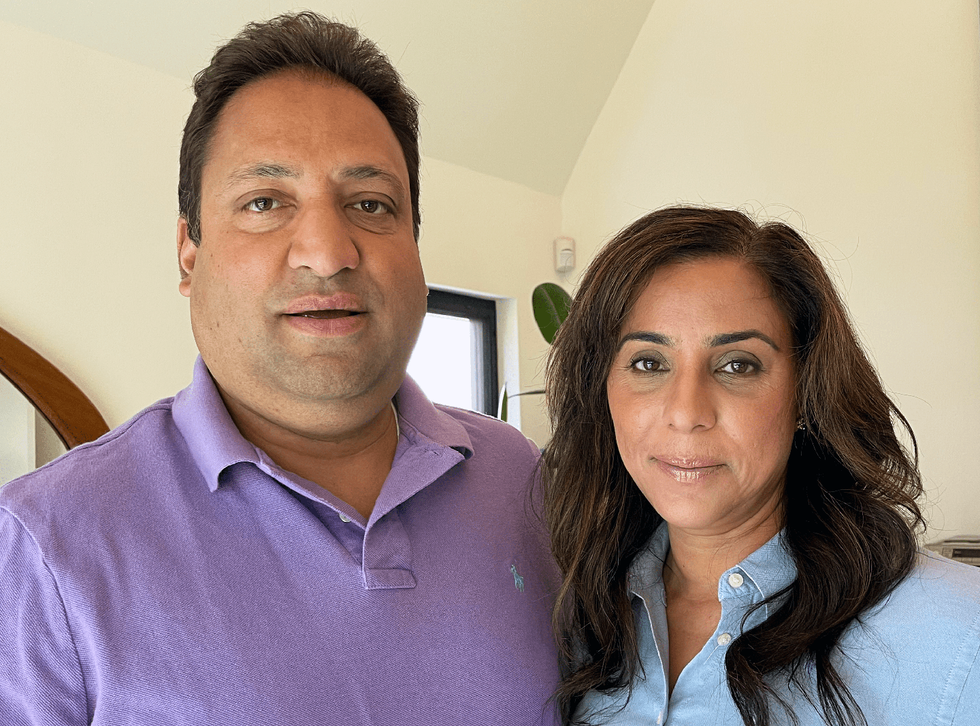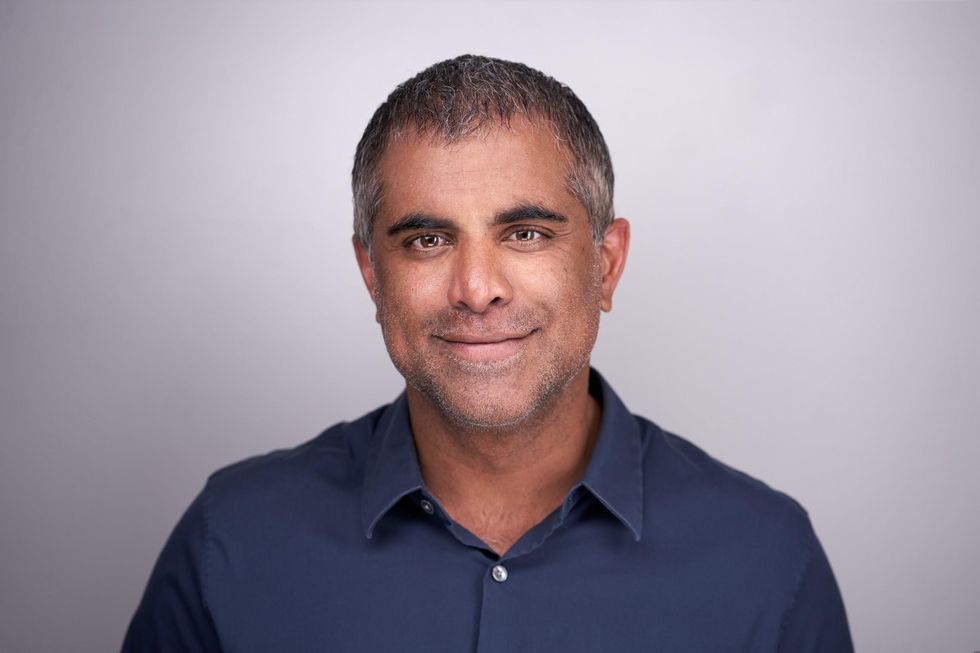This is the web version of dot.LA’s daily newsletter. Sign up to get the latest news on Southern California’s tech, startup and venture capital scene.
I used to write about rural lands and life on Native American reservations. In some places, there’s only one doctor for an entire community. In others, a revolving door of clinicians and therapists make it harder for patients to receive comprehensive care.
What an amazing resource, then, could something like telehealth be for people in these far-flung, often marginalized communities who are suffering from depression, addiction or chronic diseases. Except It’s not really shaping up that way: Only 60% of people in rural areas have access to telehealth services, compared to 95% of people in urban settings, according to the Centers for Disease Control and Prevention.
Every now and then, a new trend emerges promising to “revolutionize” the health care industry—as though any one company has the power to influence all the fragmented and siloed segments of the health care complex and make them work together. As if we haven’t heard that promise before, and as if the problems that have consistently plagued the industry still don’t exist.
There’s actually a name for that phenomenon: The inverse care law, which was coined by British clinician Julian Tudor Hart in 1971 to describe the prevailing evidence that the people who need care the most tend to receive it the least. Throughout history, emerging technologies and treatments have become ubiquitous among the mainstream population while still overlooking those who needed them the most. Take ketamine therapy; the drug, which is used to help treatment-resistant depression and PTSD, can cost thousands of dollars—barring poor people, who are statistically most vulnerable to those conditions, from accessing it.
Telehealth is the most recent care frontier—one welcomed during the pandemic by governments and insurers alike, as many doctors shuttered their offices to those who did not specifically need in-person treatment. This morning, I wrote about local startup Ruth Health, which raised $2.4 million to offer digital prenatal and postpartum services to parents—an area far too overlooked by our existing health care system. I’ve previously written about Moving Analytics, which is using telehealth to tap into a health care segment that has one of the lowest retention rates, physical therapy. There’s also Within Health, which provides comprehensive virtual care for eating disorders.
As those companies grow and more like them pop up, we ought to think critically about the people who may not always be able to access what they offer. Because if our care gets better and their care stays the same, their care is actually getting worse. — Keerthi Vedantam
Ruth Health Raises $2.4M For Post-Pregnancy Telehealth Services
The Los Angeles-based startup focuses on prenatal and postpartum care, including one-on-one telehealth sessions with health care professionals who can guide a patient’s recovery after giving birth.
Snap Will Start Selling a Camera Drone
The Santa Monica-based social media giant launched a flying camera called Pixy. The Snapchat-connected drone wasn’t the only major announcement from Snap's Partner Summit on Thursday—here are some of the event's other highlights.
Rivian Looks To Solar Energy For Its EV Chargers
The Irvine-based electric truck and SUV manufacturer has struck an agreement with solar energy company Clearloop to finance a Tennessee solar facility that will help power its EV chargers in the region.
Activision Shareholders Approve $69B Microsoft Merger
More than 98% of Activision shareholders voted in favor of the deal at a special meeting Thursday, following the recommendation of the Santa Monica-based video game developer’s board of directors. Antitrust regulators could still look to block the deal.
Defense Startup Anduril Aims to Raise $500M-Plus
Anduril Industries, the Costa Mesa-based defense technology startup and U.S. military contractor, is reportedly looking to raise at least $500 million in an upcoming funding round at a $7 billion pre-money valuation.
🎧 Listen Up!: Ludis Capital's Matilda Sung on How NFTs Could Change the NFL
On this episode of the LA Venture podcast, Ludis Capital founder Matilda Sung talks about the future of sports and technology, including sports betting, streaming and digital assets like NFTs.
What We’re Reading Elsewhere...
- L.A.-based Camera IQ partners with TikTok to offer brands augmented reality tools on the video-sharing app.
- Wave Sports teams up with the WNBA to create social-first programming.
- Esports organization Team Liquid unveils its newly expanded training facility in Santa Monica.
- A look at Angel City FC and the National Women's Soccer League.
- L.A. based ecommerce platform StackCommerce acquires online marketplace The Fascination.
----
How Are We Doing? We're working to make the newsletter more informative, with deeper analysis and more news about L.A.'s tech and startup scene. Let us know what you think in our survey, or email us!



 HeyRenee co-founders Nick Desai and Renee Dua.Image courtesy of HeyRenee
HeyRenee co-founders Nick Desai and Renee Dua.Image courtesy of HeyRenee Abhilash Patel, co-founder of Within Health.
Abhilash Patel, co-founder of Within Health.